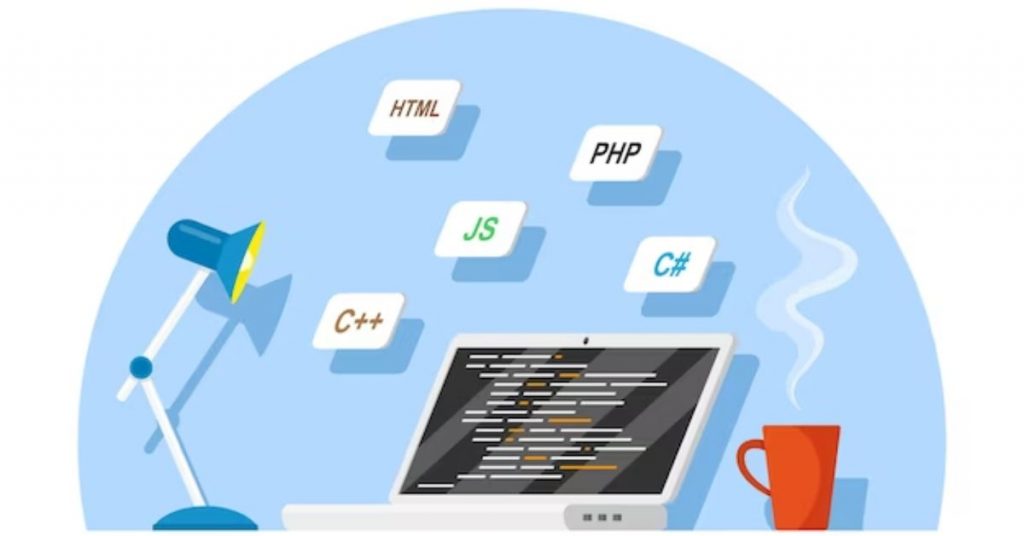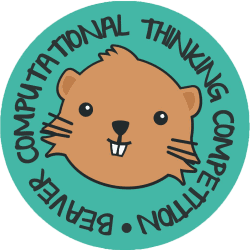Object-oriented programming (OOP) is a popular programming paradigm that emphasizes code reusability, organization, and efficiency.
In OOP, programs are built using objects that can interact with each other, the user, or other programs. If you’re considering learning an OOP language, you may wonder whether it’s the right choice.
In this article, we’ll explore the features of OOP, its advantages and disadvantages, and some popular OOP languages.
What is object-oriented programming?

Object-oriented programming is built on four core features:
- Encapsulation: Data and the methods that interact with that data are bundled into one unit, allowing you to control access to the data within each object.
- Abstraction: When creating an object, the coder reduces complexity by showing only essential information and hiding everything else, including implementation mechanisms.
- Inheritance: A programmer can derive a new thing with all or some of the properties of an existing object. For example, a child class will inherit properties and behaviours from a parent class.
- Polymorphism: This allows us to use child and parent classes in precisely the same way while maintaining each class’s unique attributes.
Advantages of object-oriented programming

Programs made with object-oriented programming are well-organized and easy to understand. They offer several advantages over other programming paradigms, such as:
- Code reusability: Abstraction allows you to reuse code throughout a project. This cuts down on file size and programming work. Knowing you can call a method in a flexible object that already exists means you don’t need to rewrite it in another part of the codebase. You can also use self-contained objects in other codebases to speed up development in new projects.
- Testing and debugging: The self-contained nature of object-oriented programming can make testing and debugging easier. It becomes more straightforward to write tests for specific pieces of your project when the objects are only concerned with the functions and data they contain.
- Flexibility: Object-oriented programming provides flexibility for your codebase through inheritance and polymorphism. Classes and objects (depending on the language) can also share properties and methods through the estate. The child class or object inherits everything from its parent. When a child redefines something inherited from a parent, it is polymorphism.
Negative side effects of OOP flexibility
While the flexibility offered by OOP is usually beneficial, it can also lead to issues if you need to be more careful.
Inheritance works for every generation, not just direct parent-child relationships. If you created a child of a motorcycle called a cruiser, it would inherit everything the bike has and every method and property that the vehicle object contains.
This feature adds a lot of reusabilities if you keep your common functions and values in your lower-level things. However, you may update many children you did not intend to update if you update one part on the parent.
Popular object-oriented programming languages

Several popular programming languages lend themselves to object-oriented programming principles. In each of these languages, it’s possible to bundle data and behaviours into individual objects. If you’re considering learning an OOP language, here are three of the most common and versatile options to consider:
- Java: Java ranks among the oldest and most popular object-oriented languages thanks to its easy learning curve and robust security features. Consider learning Java if you’re interested in back-end development, particularly for Android devices.
- Python: Python is easy to understand, read, and versatile; it’s an excellent choice for beginners or those who need help deciding what coding career they want to pursue.
- C#: C# (pronounced C Sharp) is popular for developing games, desktops,and web applications, particularly on the Microsoft platform.
Anyway take your chance to enhance your knowledge and skills in Computer Science by participating in the Beaver Computational Thinking 2023; registration is now open!
You can register through our website 👉 CONTESTHUB.
*** This blog post is based on information from Coursera.




